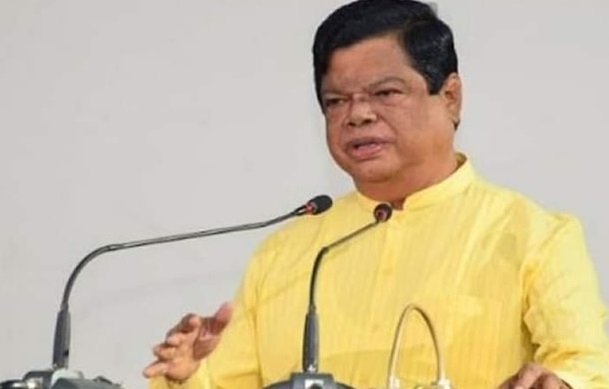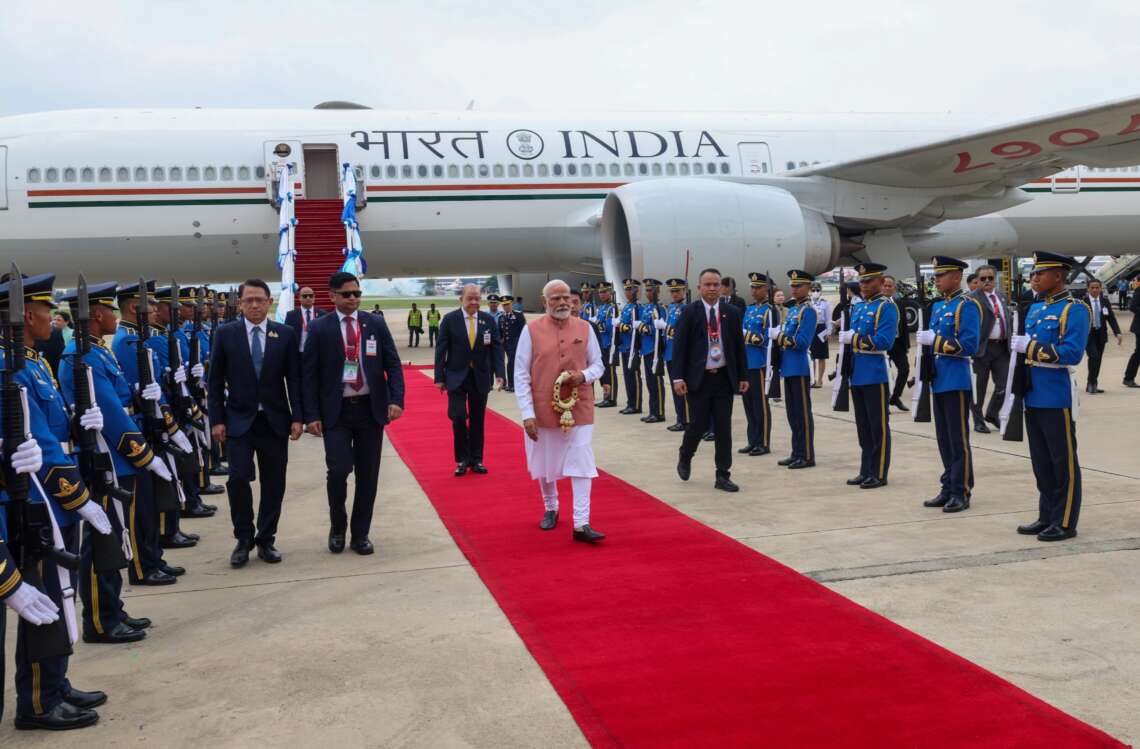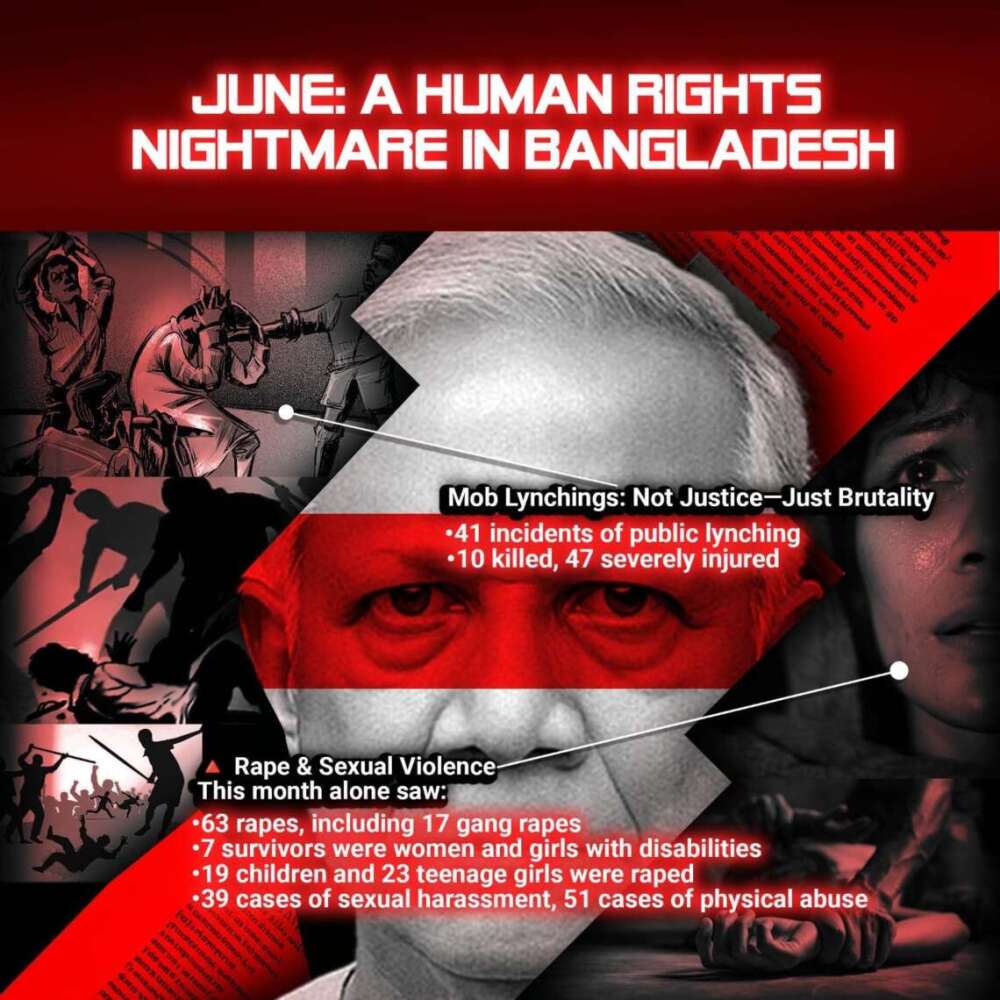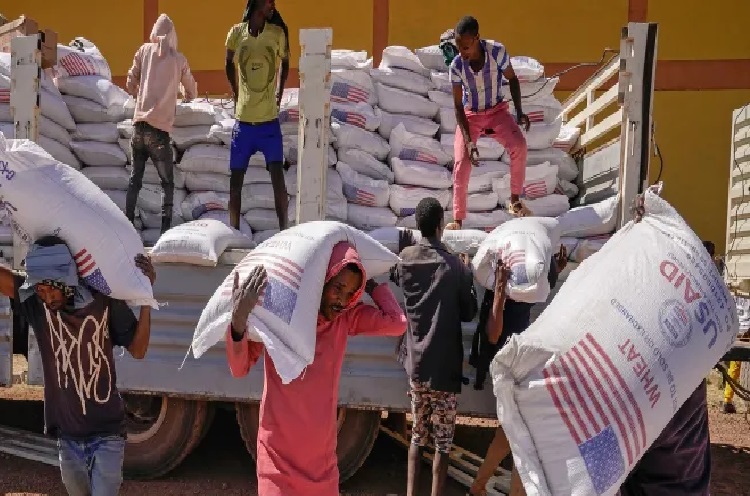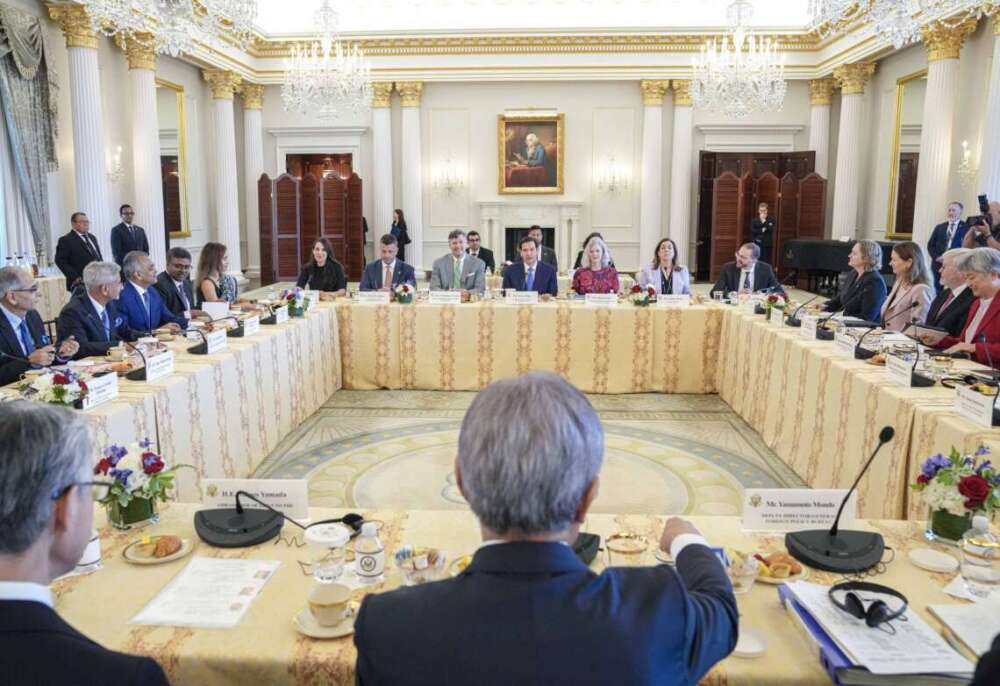Importing Jet A-1 fuel is also a challenge for the CPC because of the foreign currency shortage..reports Asian Lite News
Sri Lanka’s Cabinet of Ministers has approved a proposal to allow private companies to supply Jet A-1 aviation fuel to airplanes as the state-owned petroleum distributor fails to meet the demand, government Spokesperson Bandula Gunawardena said on Tuesday.
Addressing a press conference, the Spokesperson added that Jet A-1 aviation fuel is currently being supplied to aircraft by the Ceylon Petroleum Corporation (CPC), Xinhua news agency reported.
However, in the past year the operations at the Sapugaskanda Oil Refinery, where the country’s Jet A-1 fuel is produced, has been disrupted due to foreign exchange shortages, Gunawardena said.
Importing Jet A-1 fuel is also a challenge for the CPC because of the foreign currency shortage, the official added.
The Spokesperson said that in recent months the number of aircraft arriving in Sri Lanka has risen due to increasing tourist arrivals.
Gunawardena added that Sri Lanka needs to ensure that there is a continuous supply of Jet A-1 fuel for cargo and passenger airplanes so as to prevent any inconvenience to tourists.
Minister of Ports, Shipping and Aviation, Nimal Siripala de Silva said earlier that in 2022 Sri Lanka was unable to provide adequate jet fuel for aircraft, which resulted in flight cancellations.
SL plans stop fuel rationing
Sri Lanka is planning to do away with the rationing of fuel using a QR code ahead of the National New Year, the Ceylon Petroleum Corporation (CPC) announced on Monday.
The CPC said that it plans to stop issuing fuel on limited basis starting from April 10 ahead of the New Year falls on April 13 and 14.
The decision was taken as the Corporation was receiving sufficient amount of fuel and country’s largest oil refinery is in operation producing nearly 50,000 barrels of fuel per day.
“Plans are underway to ensure continuous supply of crude oil for the refinery,” a CPC spokesman said.
Faced by the worst-ever economic crisis since Independence in 1948, the islanders faced severe shortages of fuel halting transportation and power generation.
Sri Lankans had to queue up for days to purchase fuel and over 15 deaths were reported at the fuel queues.
To ease the congestion, government initially introduced rationing system by issuing fuel based on the vehicle registration number and later in August 2022 introduced a QR code system issuing 20 litres of fuel for light vehicles and 4 litres for petrol for motorbikes.
In addition to CPC, the Indian Oil’s subsidiary Lanka IOC has been operating as the sole private oil company for last 20 years.
It operates over 200 retail petrol and diesel stations around Sri Lanka while owning one-third share in Ceylon Petroleum Storage Terminals Limited — a joint venture of Lanka IOC and CPC which operates 13 oil terminals across the island nation. (with inputs from Susitha Fernando)


